Description
For the steampunk world traveler who goes to far distant lands in their air ship, nautalis, dirigible, or pirate ship! Bringing home a taste of the exotic to liven up your kitchen aromas!
Coffee & Tea Tool Type: Percolators
Capacity: 701-800ml
Specification: 800ml
Material: Heat resistant Glass+wood
With Filter Paper For 8 Cups
This item takes 2-5 weeks to ship. All items shipped with a tracking number for your convenience.
“What is Dutch Coffee (cold drip/cold brew coffee)?” Dutch coffee started when the Dutch were exploring the New world and beginning their trading companies. The explorers were not allowed to start a fire to brew their coffee on board ship, so they got creative and invented this wonderful way to brew their beverage (which is now considered a luxury brew).
Unlike regular coffee making methods, which require electricity for hot water, Dutch Coffee uses the cold drip method, which requires only a cold drip coffee machine, small round filters, water (not necessarily hot) and the force of gravity.
The structure of this coffee machine consists of three flasks aligned vertically and water running through them with help of the cheapest form of energy: the force of gravity.
The first flask on the very top contains the water. You can pour water at natural temperature or ice which will eventually melt and drop to the next flask through a specially calibrated valve. This valve is installed so the user can control the amount of water being dropped.
The second flask, which we call the coffee tank, contains the ground coffee. There is actually a specific kind of ground coffee for Dutch coffee (slightly thicker than the espresso and slightly thinner than the hand drip coffee grounds) but you can experiment and the ground coffee can be chosen by user’s taste.
The water slowly drops on a small round filter then into the coffee grounds. It later goes through another filter at the bottom to prevent the coffee grounds from falling into the final flask, and finally it goes through another valve.
The final flask on the very bottom of the machine is where the result of this whole fancy and meditational process is found. The water takes its time to combine with the coffee and form what we call Dutch Coffee.
Dutch coffee does take a significant amount of time (3-12 hrs), but this is what makes it high quality.
It also works as a perfect kitchen/home decoration because of its eye catching form and it also brings a peaceful and meditational environment to the whole room.
The best way to prepare Dutch Coffee is by letting it drop during the night and start your morning with the prepared coffee already waiting to greet you.
To guarantee that you’ll be able to enjoy the most delicious cup of Dutch Coffee from the beans you selected we advise you to use the procedure described below.
You can use these steps as a starting point for brewing Dutch Coffee at home. Every coffee might take some ‘tweaking’ of the factors described in our tutorial.
There are four major factors in brewing Dutch Coffee. These are: the ratio of water and ice, the amount of coffee, the coarseness of your coffee grind, and the selected drip speed.
Step 1:
Start with selecting the perfect coffee. Dutch Coffee is perfect for filtering out the fruity flavors of the coffee you choose. Therefore we prefer to use light roasted coffees. They’ll enable you to taste more of the original flavors of the coffee that would be overshadowed in a darker roasting profile. If you’re really going for the fruity flavors, unwashed coffees will provide you with the ultimate surprise! If you want to use Dutch Coffee as a replacement ingredient for cooking you might want to consider using darker roasted.
Step 2:
The second step is preparing your Dutch Coffee maker for the brew. Place the cotton bottom filter in the coffee ground holding glass. This filter will make sure you have a clear cup and will stop ground coffee from entering your pot. The amount of coffee used will partially determine the strength of your coffee. As a reference point: we use about 9 grams of coffee per 100 gram of ice water. Surely more coffee will provide you with a stronger cup. The strength of your coffee can also be tweaked with the grind you use for your coffee. We use a coffee grind of 6.5 on a 9 point scale. This grind is in between the grind used for filter coffee and the grind used for french press. On top of your coffee you place the paper topfilter. We recommend to moisten the paper filter before placing it on top to enhance the equal spread of water over the coffee ground.
Step 3:
The water and ice are placed in the top reservoir of your Dutch Coffee maker. The ratio for a ready to drink Dutch Coffee is around 10 grams of coffee per 100 grams of ice water.
The amount of ice you should put in your water depends on the temperature of the room you’re brewing in and the drip speed you have selected. Because it’s the icy water that cools the coffee ground, the basic idea is that the final piece of ice will have melted near the end of the brew. For a room temperature of 20 degrees Celsius or 68 degrees Fahrenheit and a brewing time of 6 hours we use 50% ice and 50% water. When brewing faster or in a cooler room you can use less ice and more water.
Step 4:
The last major factor in brewing Dutch Coffee is the dripping speed of your Dutch Coffee maker. You can adjust the dripping speed by turning the valve at the bottom of your top reservoir. As a starting point you can set your Dutch Coffee maker to drip approximately four times per 10 seconds.
Due to the changing water pressure in classical Dutch Coffee makers, a full top reservoir will drip faster than a top reservoir that is half full or almost empty.
When you’re not able to check on your Dutch Coffee maker during the brew, we use the following trick. Once you have your Dutch Coffee maker set for the brew, fill the top reservoir with 1 cm of water and adjust the valve until it releases one drip extremely slowly. After adjusting the valve, fill the rest of the top reservoir. This way, the process will always be completed, even when you are not able to check on the brew.
Step 5:
It goes without saying you don’t make Dutch Coffee to heat it up once the coffee is brewed. When the coffee warms up in a non sealed container, such as the pot of your Dutch Coffee maker, the coffee will start to oxidize and thus lose it’s flavors.
If you are away from home for a while, consider placing the pot of your Dutch Coffee maker on ice, to cool your brew.
After pouring your coffee from the jar into a bottle (with as little oxygen in the bottle as possible), you’ll be able to store your coffee for at least two weeks. As with good wine Dutch Coffee will ripen further once bottled. Your bottled Dutch Coffee will taste best after three days in the refrigerator.
This item takes 2-5 weeks to ship. All items shipped with a tracking number for your convenience.
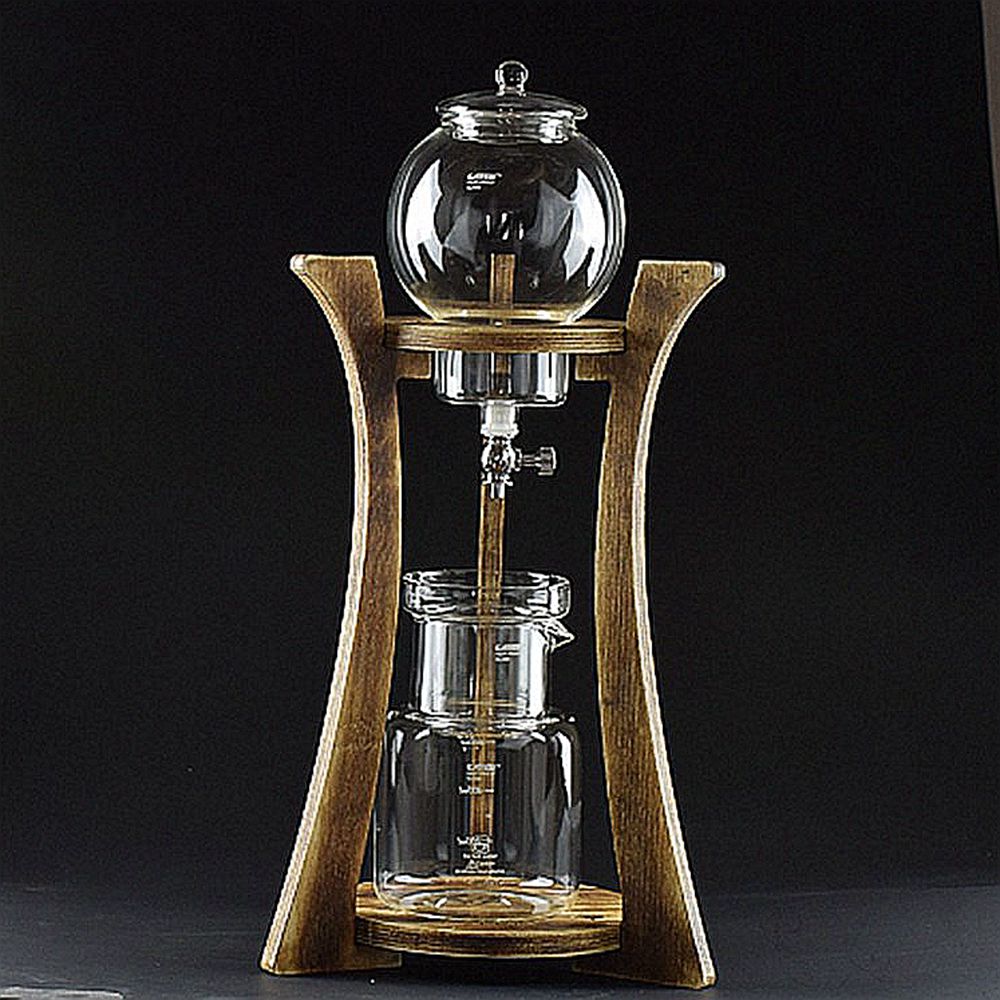
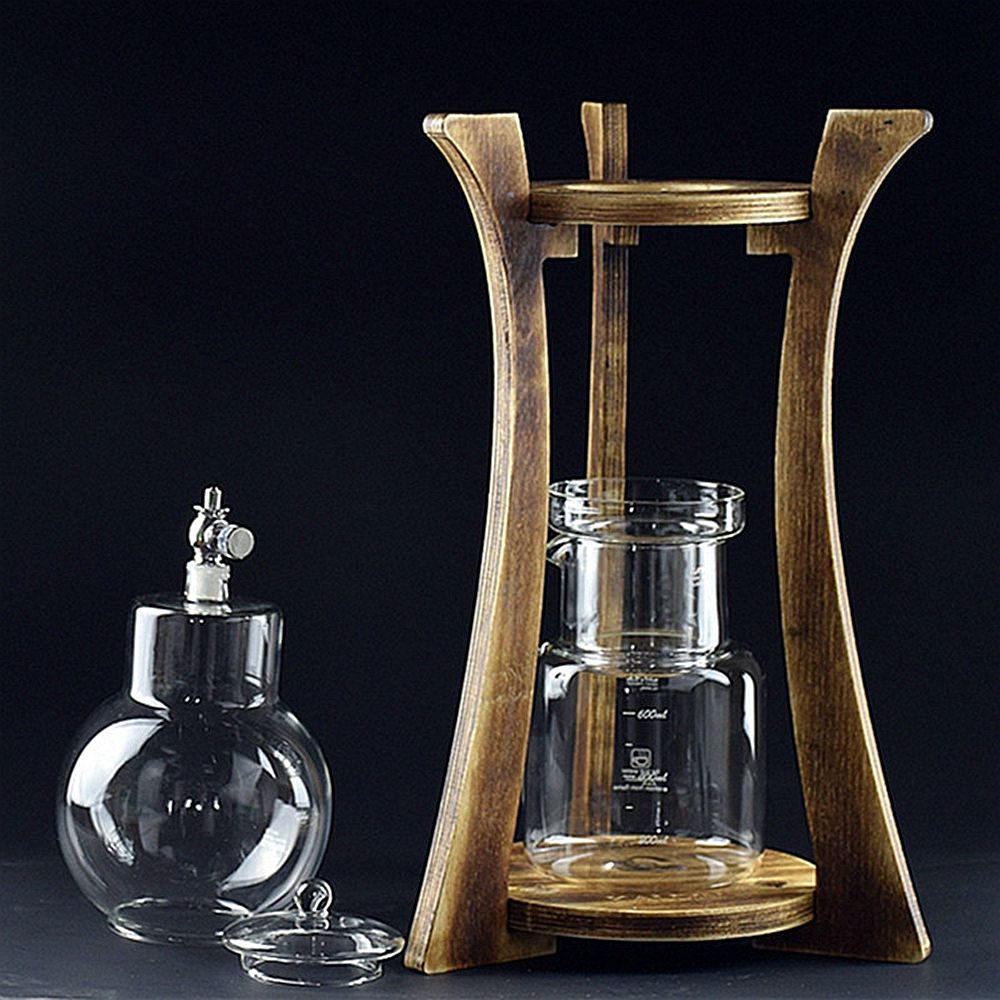
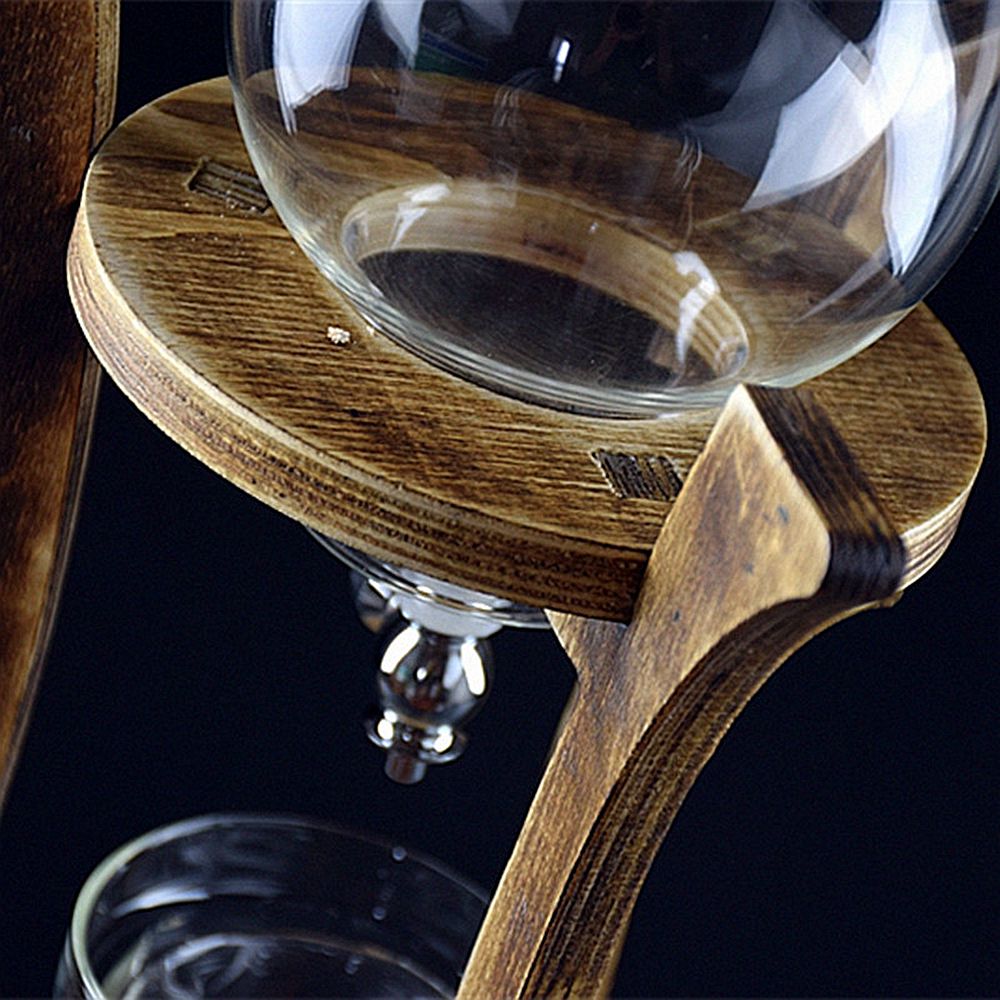
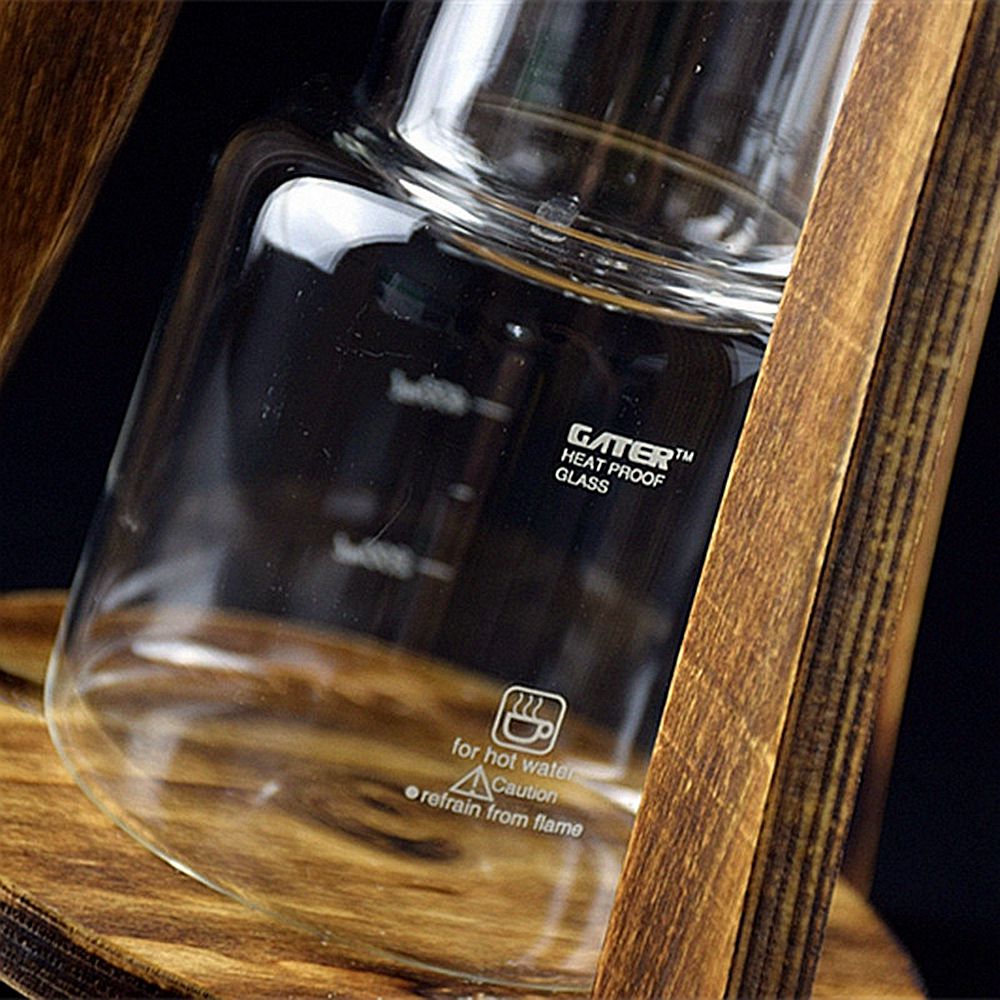
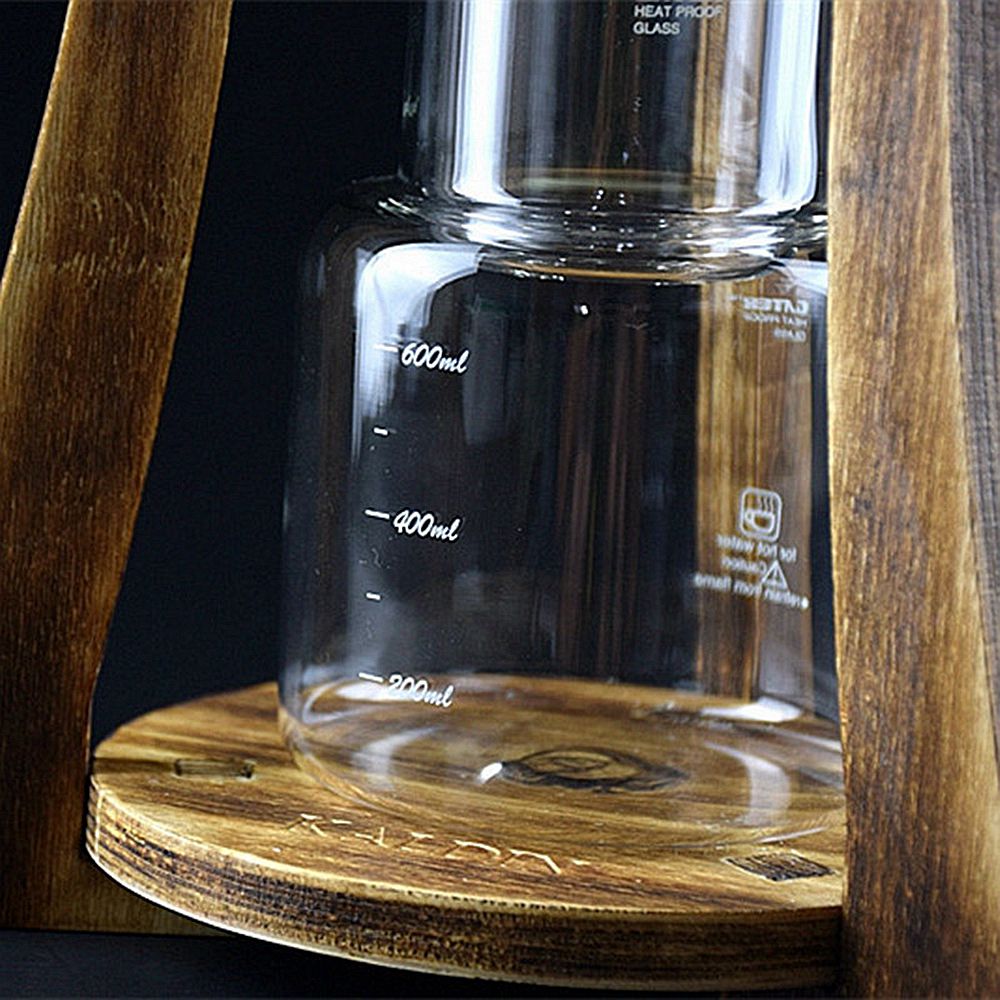
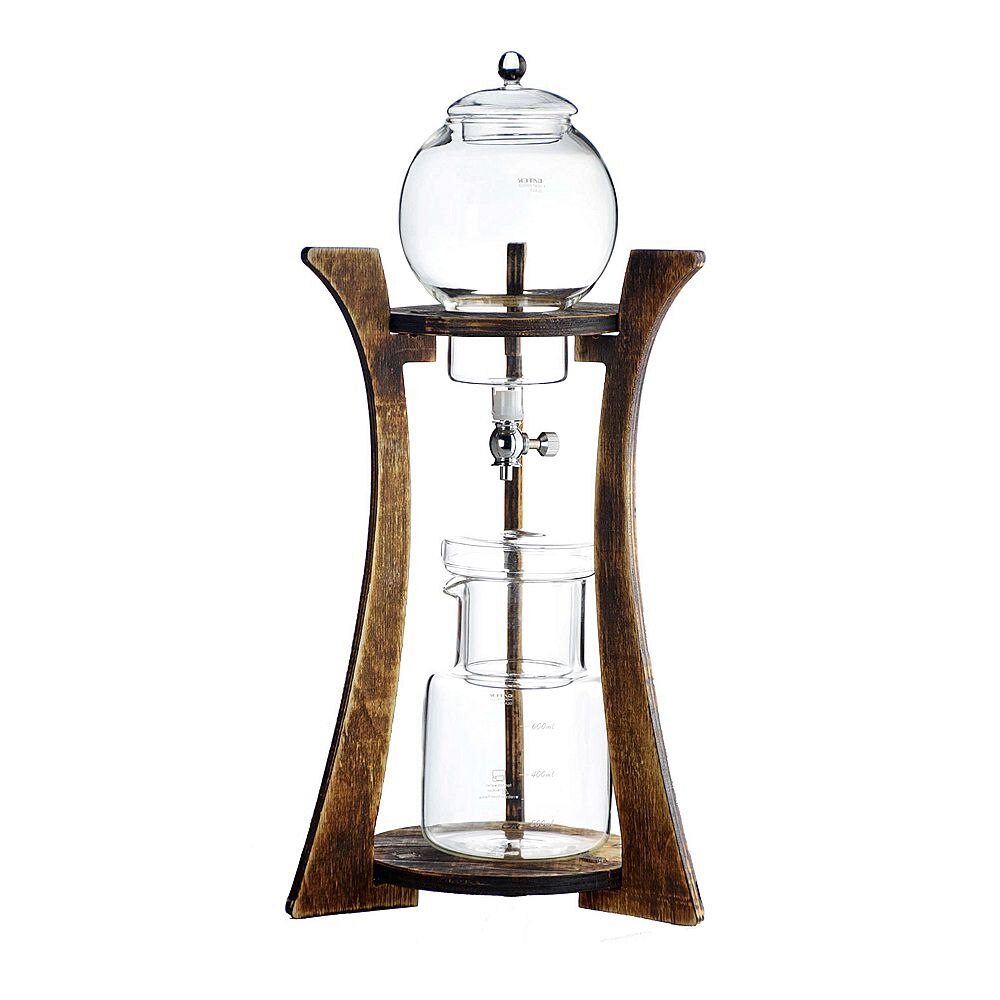




Your review is awaiting approval
order modafinil for sale buy provigil 200mg online modafinil 200mg oral order modafinil for sale buy generic modafinil buy cheap modafinil buy provigil pills for sale